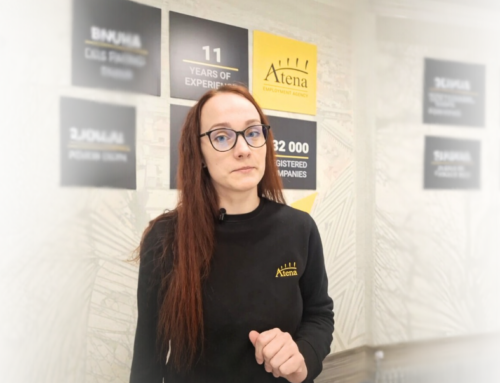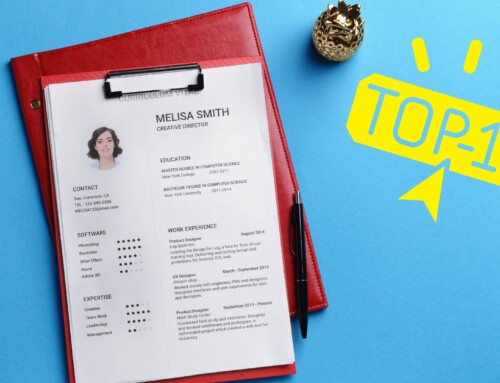Like everything else in this world, recruitment is evolving. If we go back 30 years, the process of finding the best candidate would be to look for a person with a relevant education and good grades that he or she had achieved in school. Nowadays, choosing the most suitable candidate is much more. There are a number of other indicators that should be taken into account. In addition, factors such as experience and references may be more important than education and grades.
Where to start?
If you have a pile of – 200 or 300 resumes on your desk for one position, it’s unproductive to interview all of them. The first step you need to take is shortlisting.
Shortlisting means quickly looking at the CVs of each candidate and then dividing people into two groups – suitable and unsuitable. Its purpose is to select only the candidates you want to contact. You do this by setting qualifying factors. Let’s say you need an English-speaking person with direct experience of working with people and a driving licence. You only need to opt for people who meet these requirements.
For example, if the job is in Austria and communication is required, there is no point in interviewing people who don’t speak German. If you have too many CVs at the end of the shortlist, simply add more criteria until you reach a reasonable number of applicants.
First contact
Once you have a few candidates who – it seems – match the qualities needed for the position, it’s time to make the first contact. Your goal is to decide whether you want to interview the candidate and whether you want to fill the vacancy.
The thing you can do is save your time or the candidate’s time by providing additional information and asking follow-up questions. Think about the activities that cause the highest employee turnover and the most difficult tasks during work. Make sure you mention both. If they are unwilling to do the work or think they are not capable of doing the tasks, there is no point in continuing. Thank them for their time and focus on finding more suitable candidates.
Interview – the last point in the process
This is the last step before getting a job. You already have general information about the applicants. It’s time to get to know them in detail. In addition to asking questions, provide information. Make sure you explain in detail the work the applicant would be doing, as there is no point employing someone who does not want to do the job. Get as much information as possible about the candidates’ previous experience, if any. That way you can get a picture of whether they are suitable for you.
It’s OK to make mistakes
Keep in mind that all candidates are human. Just like you. It’s perfectly normal to make a mistake – no one is perfect. A candidate may be very good at interviewing, but not a great worker. The new employee may not like the job and quits after a week. You shouldn’t approach a new colleague as if they are the last person you hired for the position. Wayne Gretzky once said:“You miss 100% of the shots you don’t take.” In this case, it’s true. If you don’t try, you guarantee failure. That’s why it’s good to give people a chance – you might be surprised by the results. But even if you don’t, you can always try again.
Invest in training
A good employee is a well-trained employee. You might not want to waste resources and time on a person who might leave. However, your concern should be what would happen if the worker is not well trained and stays. Spending time and resources on training is simply a risk you have to take. However, if you recruit frequently, you can create training materials such as videos or presentations to make the process as easy as possible.
And if you feel that you are not up to the task, you can leave everything to the professionals. We in society Atena have been helping companies and people find the right person for their requirements for 14 years. Thanks to our extensive database, we have plenty of job seekers to choose from. And thanks to our experience, we can find out in a very short time who is the best candidate for the position. Even if something doesn’t work out, whatever the reason, we are ready to find an alternative. Work with professionals, success is no accident.







